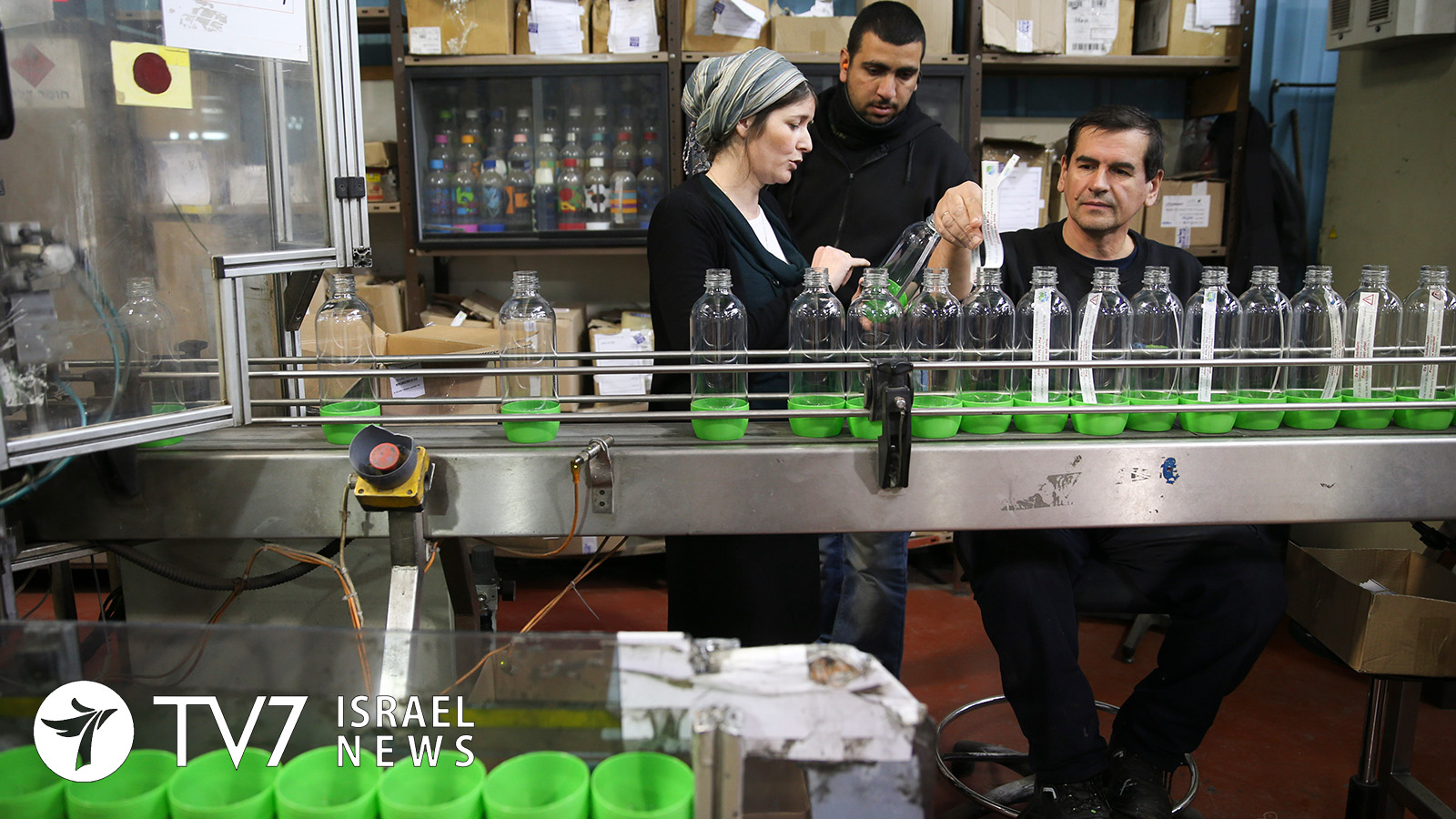The European Union’s Court of Justice ruled that imported goods from Israel that were produced within what it considered to be ‘occupied territories,’ including the West Bank, East Jerusalem and Golan Heights, must be labelled.
The top European court, which is based in Luxembourg, insisted that labels must not imply that goods produced in ‘occupied territory’ came from Israel itself, but emphasized that the labels are meant to “prevent consumers from being misled as to the fact that the State of Israel is present in the territories concerned as an occupying power and not as a sovereign entity.”
While the case focused on an Israeli owned winery located in the West Bank, the ruling handed down defined ‘occupied territories’ as ‘all territory Israel captured in the 1967 war,’ including not only the West Bank but also East Jerusalem and the Golan Heights – both of which Israel has legally annexed.
The Israeli Foreign Ministry responded by saying that it “strongly rejects” the ruling, saying that it ” has one aim and one aim only and that is to single out Israel and to apply double standards against it.”
Joining the Israeli condemnation, head of the Israeli settlers Yesha Council Yigal Dilmoni insisted that “This is a despicable decision, we condemn it. The Jewish people will not mark itself again for European demands. No other place in the world is required to mark itself, only Israel. There is a characteristic of anti-Semitism here. In agriculture and industry in Judea, Samaria (biblical terms for the West Bank) and the Jordan Valley, tens of thousands of Palestinian workers are employed. Those who will be hurt by the fact that people will stop purchasing and buying products are mostly the Palestinian workers.”
In contrast to the Israeli criticism, Palestinian leaders joyously welcomed the ruling. Palestinian Chief Negotiator Saeb Erekat declared it to be “Justice.” He said that “labelling settlement products, is a very significant ruling. We call upon all the European Union countries to implement what’s legal and to stop what’s immoral. We hope that the day will come when all these colonial settlement products, which is the sweat and blood of the Palestinians, will be banned from international markets.”
It is important to note that the court’s ruling is an advisory to EU member states, each of which has a sovereign right to decide whether to adopt the measure into national legislation.
